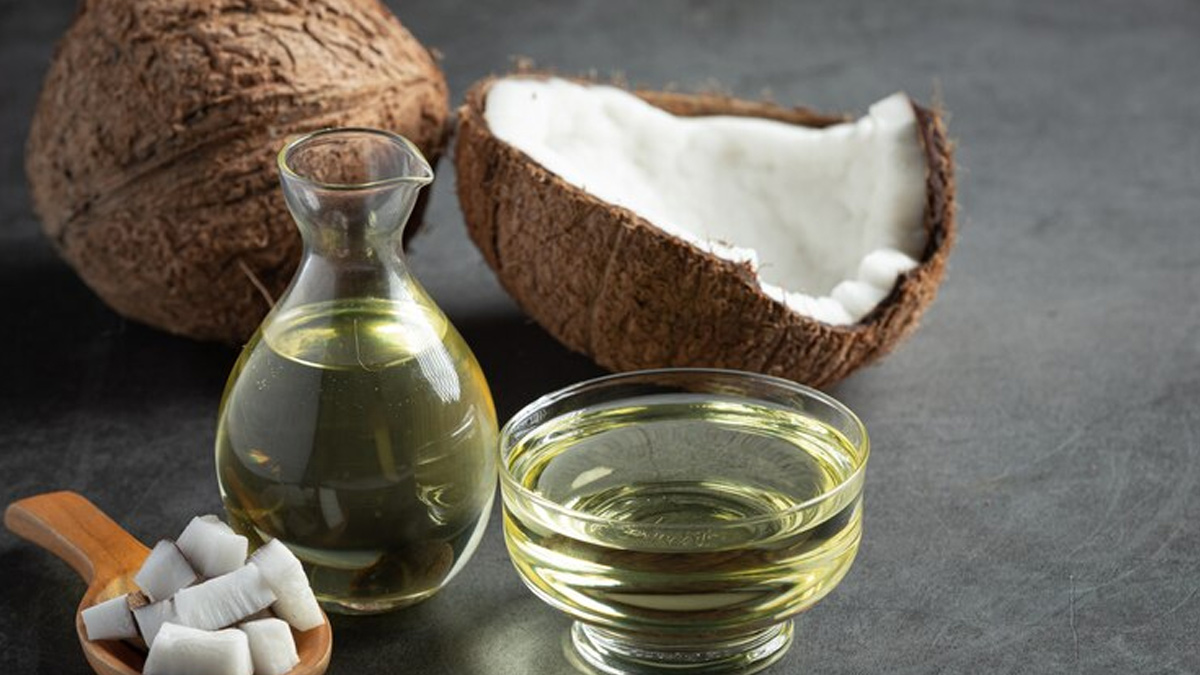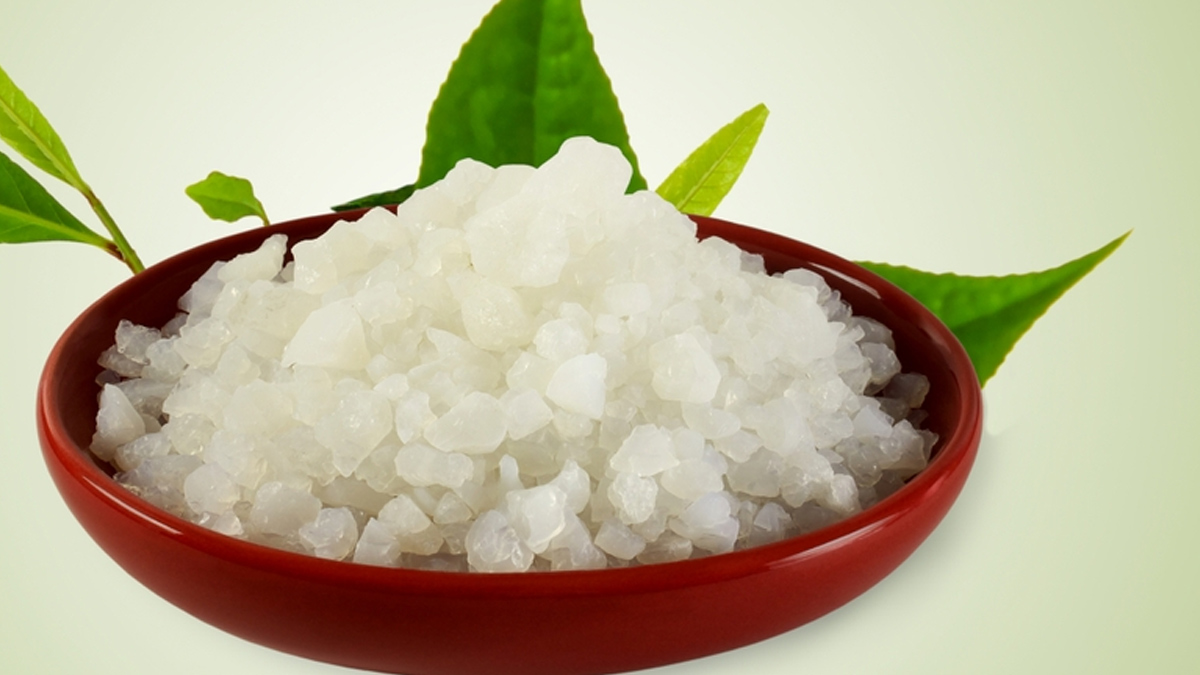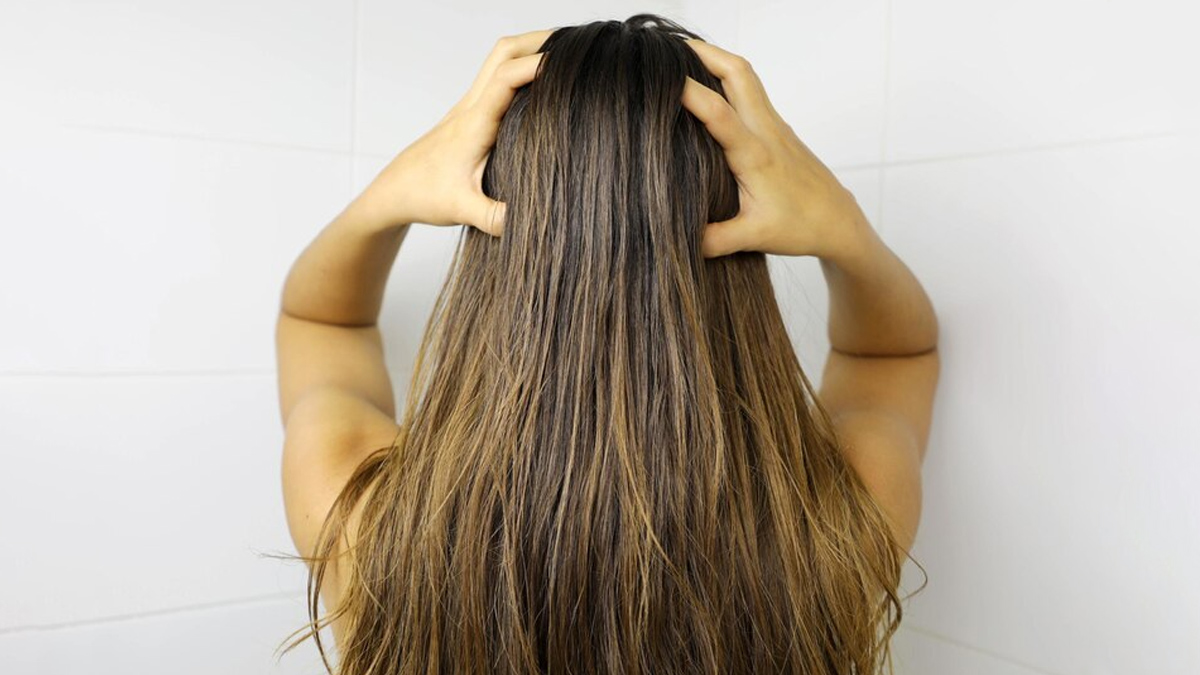As a child, I struggled with excessive dandruff that left me constantly scratching my itchy scalp. Noticing my discomfort, my grandmother came to the rescue with an age-old remedy—regular champi massages using warm coconut oil mixed with camphor powder. To my surprise, just a few days of this treatment brought noticeable relief, and the dandruff started to disappear. Dandruff, a common scalp issue that causes flakiness and itching, may not be serious, but it can certainly be irritating and embarrassing. Many turn to natural remedies, and among the most popular are coconut oil and camphor. But how effective are they really?
Before diving into the remedies, it’s essential to understand the root cause of dandruff. Dandruff occurs due to various factors, including the overgrowth of a yeast-like fungus called Malassezia, excess oil production, and skin irritation. It can also be triggered by factors like stress, hormonal imbalances, or even certain hair care products.
Coconut Oil

Coconut oil has long been lauded for its health and beauty benefits. Rich in fatty acids, particularly lauric acid, it is known for its moisturising and antimicrobial properties.
How Coconut Oil Helps Against Dandruff
A study in 2017 published in the International Journal of Molecular Sciences found that coconut oil helped improve hydration and significantly reduced inflammation, suggesting that regular application could benefit those suffering from dry and flaky scalps.
Moisturises the Scalp: Dry scalp is one of the leading causes of dandruff. Coconut oil deeply penetrates the scalp and helps to moisturise it, preventing flakiness and itchiness.
Antimicrobial Action: Lauric acid, a primary component of coconut oil, according to studies, has antimicrobial properties, which help combat the Malassezia yeast responsible for dandruff.
Reduces Inflammation: Coconut oil has anti-inflammatory properties, which may reduce irritation and redness associated with dandruff.
Also read: Is Coconut Oil An Effective Home Remedy Against Psoriasis? Here’s What You Need To Know
Camphor

Camphor, derived from the wood of the camphor tree, has a long history of medicinal use, especially in traditional Indian and Chinese medicine. It is well-known for its cooling sensation and anti-inflammatory properties.
According to research, camphor has notable antifungal properties, suggesting it can reduce fungal infections on the scalp. Though research on camphor’s direct impact on dandruff is limited, its antifungal capabilities offer potential benefits for managing the condition.
How Camphor Works Against Dandruff
Soothes Itchy Scalp: Camphor provides a cooling effect that can instantly relieve the itching caused by dandruff.
Antifungal Properties: Camphor is believed to have antifungal properties, which can help reduce the fungal growth that leads to dandruff.
Improves Blood Circulation: Massaging camphor-infused oil into the scalp may enhance blood flow to the scalp, promoting overall scalp health.
Also read: Camphor For Mosquito Prevention: How To Use It Safely
Using Camphor and Coconut Oil for Dandruff

One of the most popular ways to use these ingredients is by combining them into a DIY remedy. Here’s a simple recipe:
Ingredients:
- 2 tablespoons of coconut oil
- A pinch of camphor (powdered)
Method:
- Warm the coconut oil slightly.
- Add the camphor powder and mix well.
- Massage this mixture into the scalp for 10-15 minutes.
- Leave it on for an hour, then wash your hair with a mild shampoo.
- Repeat 2-3 times a week for best results.
Conclusion
Both camphor and coconut oil appear to offer benefits for treating dandruff, particularly when used together. Coconut oil’s moisturising, antimicrobial, and anti-inflammatory properties help address the root causes of dandruff, while camphor’s antifungal and soothing effects provide immediate relief from itching and flakiness. However, while traditional remedies like these can be effective, they may not work for everyone, especially in severe cases. For persistent dandruff, consulting a dermatologist for a comprehensive treatment plan is always advisable.
Ultimately, these natural ingredients are worth trying, especially for individuals looking for gentle, scalp-friendly alternatives to chemical-based treatments.

